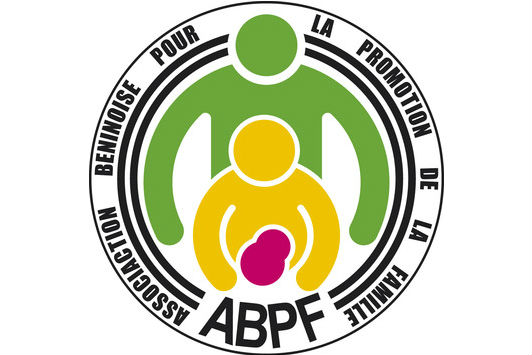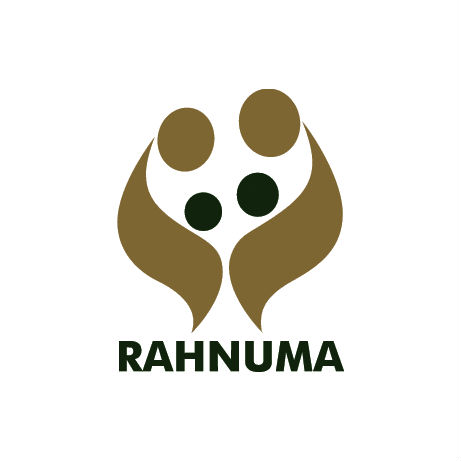

| 31 March 2016
Association Béninoise pour la Promotion de la Famille
The Association Béninoise pour la Promotion de la Famille (ABPF) has been operating for 38 years. ABPF offers family planning, ante-natal and post-abortion care, infertility treatment, screening of cancers of the reproductive system, and management of sexually transmitted infections (including HIV and AIDS). Its service points include permanent and mobile clinics. ABPF is focused on reaching marginalized groups such as prisoners, sex workers, refugees and internally displaced persons. The majority of clients are estimated to be poor, marginalized, socially excluded and/or under-served. To reduce the national maternal mortality rate, ABPF operates an effective community-based obstetric and antenatal care service in 16 villages, using traditional birth attendants and volunteer health workers. ABPF also runs a locally-based service for young people which involves hundreds of community-based distributors (CBDs) and peer educators providing young people with sexual and reproductive health information, condoms and counselling services. In acknowledgment of ABPF’s expertise and accomplishments, the Government of Benin invited the organization to become a member of the technical committee (in the Ministry of Planning) that drafts reproductive health policies: the Population Policy, the Family Health Policy, HIV and AIDS policies and the National Sexual and Reproductive Health Policy. Whilst ABPF has recorded major advances in sexual and reproductive health, there are still very significant challenges as the figures for lifetime risk of maternal death, child mortality rate and unmet need for contraception of illustrate. Driving the work of ABPF is a large and dedicated team of hundreds of volunteers. There’s a Youth Action Movement which draws on the skills of young people. ABPF works in partnership with a range of government organisations, including parliament, the Ministère de la Famille, the Ministère de la Jeunesse, and the Ministère du Plan. Funders include USAID. Non-goverrnmental organizations working with ABPF include the Country Co-ordinating Mechanism for health and sexual and reproductive health. Contacts Website: http://www.abpf.org/nouv/ Facebook: https://www.facebook.com/ABPF.IPPF/

| 31 March 2016
Rahnuma-Family Planning Association of Pakistan
Rahnuma (formerly the Family Planning Association of Pakistan or FPAP) started serving poor and marginalized people in Pakistan as the Family Planning Association of Pakistan (FPAP) in 1953. After over 50 years of momentous achievements, the FPAP felt that its name did not fully reflect the scope of its work. It renamed itself ‘Rahnuma’, an Urdu word meaning 'one who shows the path and provides direction'. Rahnuma was one of the pioneers in providing family planning services and advocating for spacing of childbirth and for smaller families. The government later embraced the cause by establishing the Ministry of Population Welfare. In the space of a decade, Rahnuma grew from a single clinic, based in 1 room in Karachi, to a large-scale operation with an infrastructure of district branches offering model clinics and information and educational facilities. Today, the network operates nearly 5,000 service points, comprising 118 permanent clinics, 11 mobile units, 191 associated clinics and over 2,000 community-based distributors/services (CBDs/CBSs). It also handles referrals to over 2,143 private physicians. Rahnuma has developed innovative programmes to increase access to high-quality, affordable health services. It has advocated for a rights-based approach to sexual and reproductive health (SRH), for the empowerment of particular groups within communities (especially women and young girls), and for the strengthening of civil society in Pakistan. As the sexual and reproductive health and rights (SRHR) agenda has shifted over the years, Rahnuma has increasingly embraced SRHR in the context of national development and poverty alleviation, owing to the direct connection between socio-economic conditions and health and well-being. Contacts Website: http://www.fpapak.org Facebook: https://www.facebook.com/rahnuma.fpap.9 Twitter: https://twitter.com/Rahnuma_FPAP







